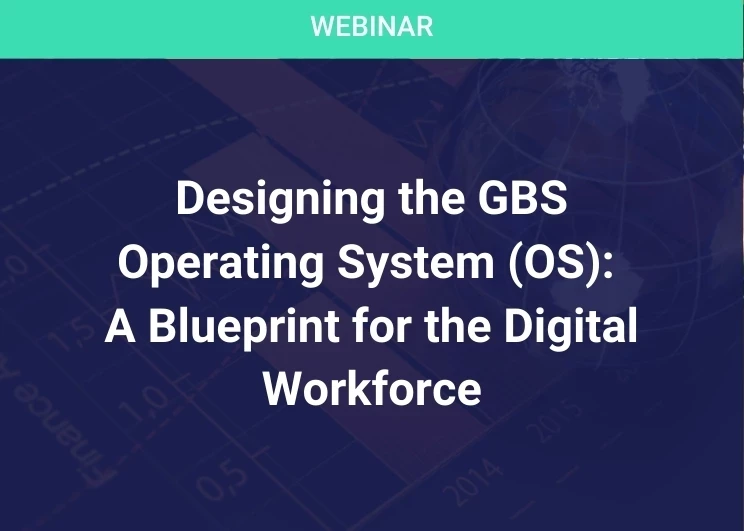10 Predictions for Next Generation HR Shared Services
Add bookmarkThe following predictions were based on extensive interviews with thought leaders from organizations including Eastern Health Shared Services, KeyBank, Procter & Gamble, Royal Bank of Scotland, Scotiabank, Statoil Hydro, Sun Microsystems, Surrey County Council, Atos Consulting, Creelman Research, Deloitte, The Hackett Group, and PricewaterhouseCoopers.
Prediction 1: The adoption of HR offshoring
Only a minority of organizations will be tempted to offshore their HR services. Those that are will most likely be companies that already have a well-established presence in a low-cost region – such as Standard Chartered Bank’s presence in Asia. Most organizations are unlikely to consider offshoring their HR services in the near future.
Prediction 2: The move to higher value services
More higher value work will be consolidated into HR shared services. Technological advancements have made it progressively more possible to consolidate the transactional elements of more companies’ processes. The roles of shared services and centers of expertise will continue to blur as leading organizations continue to consolidate centers of expertise and shared services under one roof.
Prediction 3: The term ‘shared services’ will be revised or replaced
Shared services will be seen increasingly as covering far more than a transactional processing factory. This is likely to lead to the emergence of a term that reflects this evolution in the scope and range of services provided.
Prediction 4: More high potential staff will be attracted to shared services
With the growing scope and importance of the shared services model, more high potential employees will see employment there as a useful step on the career ladder through the wider ranging experience that is offered.
Prediction 5: Multi-functional centers to become the norm
Multi-functional centers will become the norm for large organizations. But if these are global centers located offshore, there will need to be local center offshoots for those services that require a high degree of local people interaction.
Prediction 6: Administrative HR processes will be co-located with other functional administrative operations
Moving the most administrative of HR processes into another function will be an option for those organizations that have certain core, processing skills as there is the potential of leveraging those skills for synergistic benefits – banking is an obvious example.
Prediction 7: HR needs to redefine the role of the HR business partner
For the most part it is still unclear as to what constitutes a HR business partner. It might be sometime before a new and stable HR organizational model emerges. An urgent challenge for HR is to fully describe how it will add value in the knowledge-era.
Prediction 8: Outsourcing and insourcing will increasingly be seen as complementary
Organizations will begin to stop seeing outsourcing and insourcing as mutually exclusive options. They will look more at sourcing strategies that include both outsourcing and insourcing components. Sourcing strategies and relationships will be managed out of the shared services organization.
Prediction 9: Technology-enabled virtualization will become more common
For many organizations, virtualization will become an increasingly viable option as technology expands the opportunities for remote or anywhere location of staff.
Prediction 10: Self-service will grow rapidly in importance
Organizations will invest heavily in self-service solutions. The potential for cost reductions, coupled with the fact that employees are increasingly at ease with such technologies, makes it a compelling option.





















